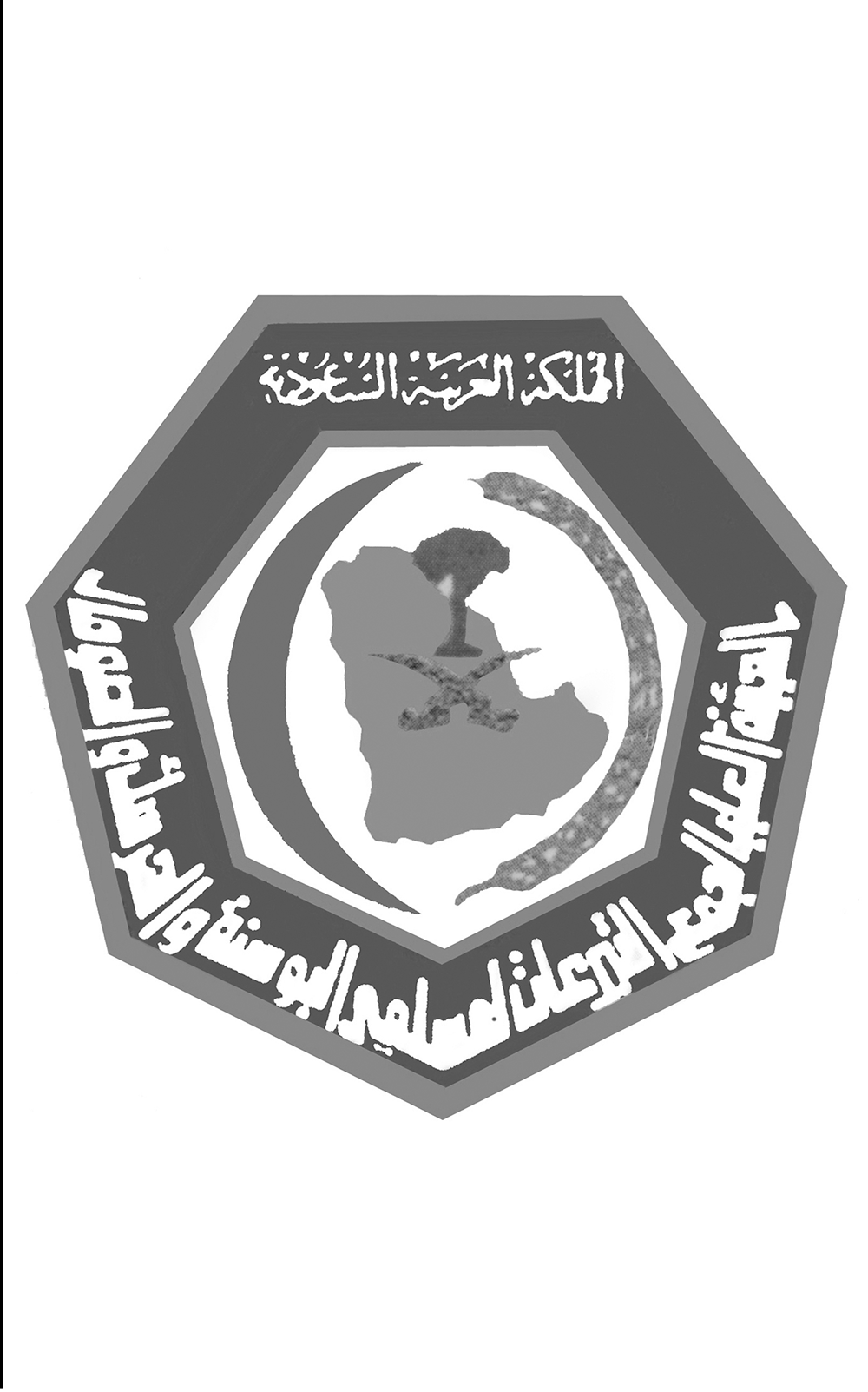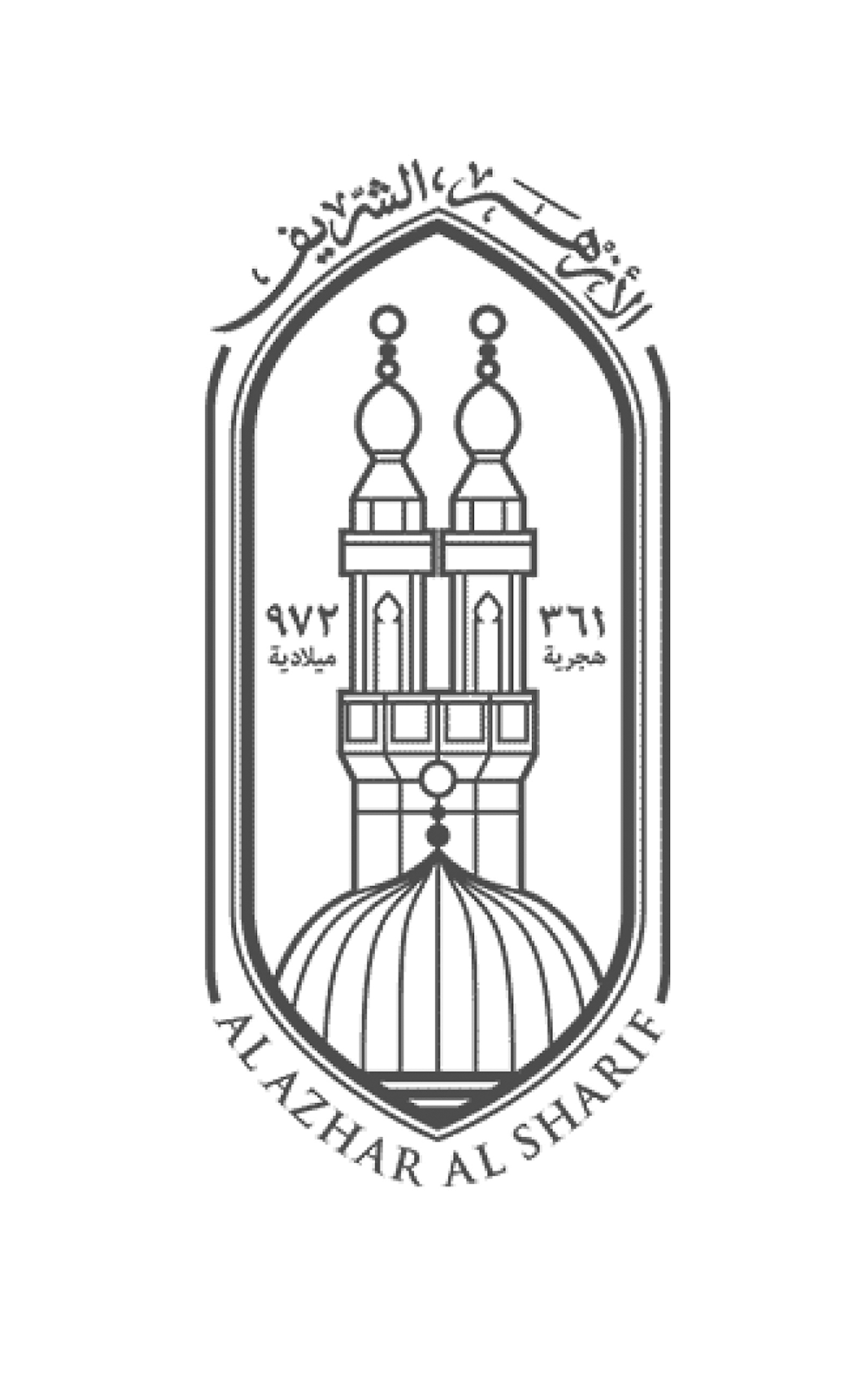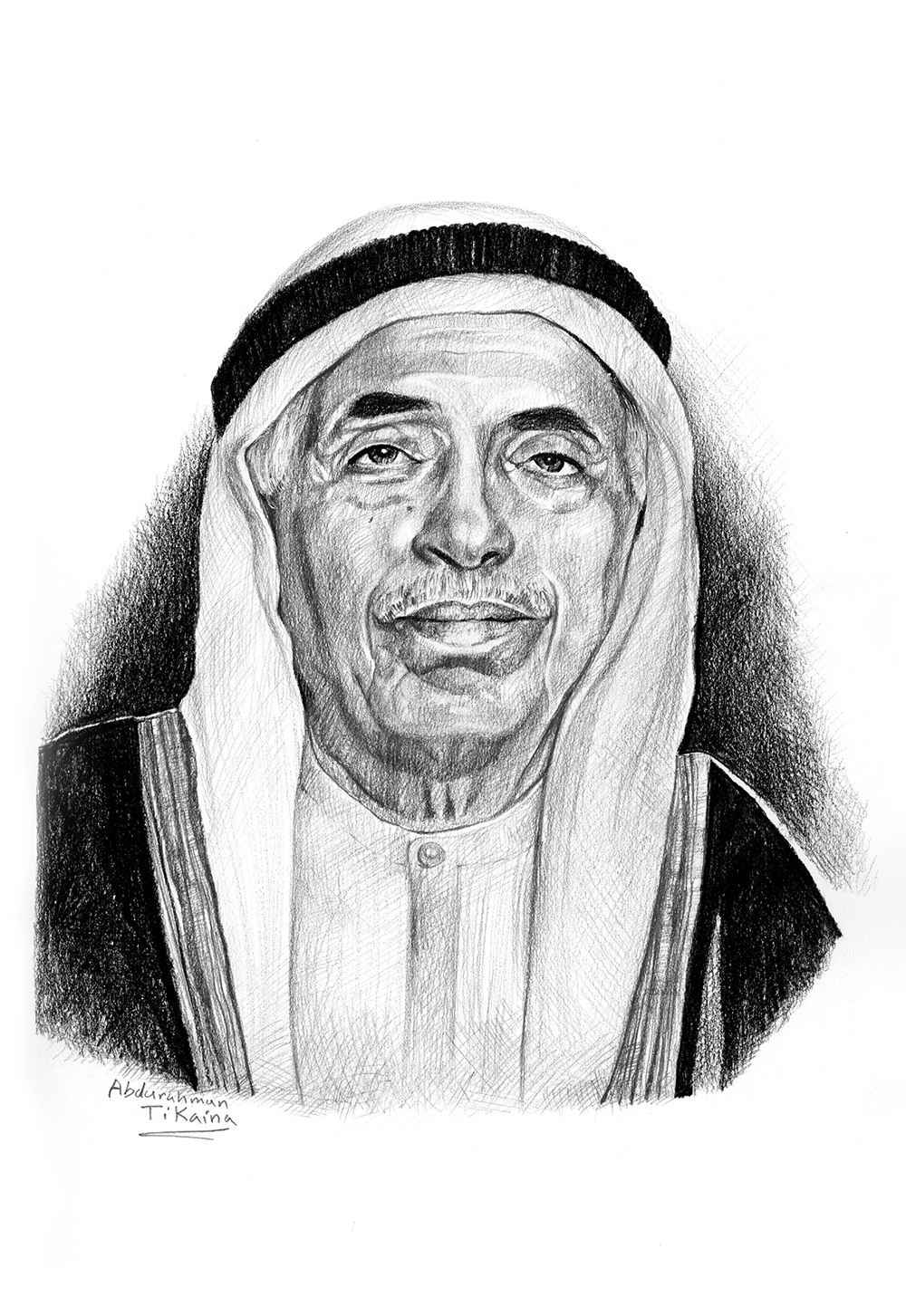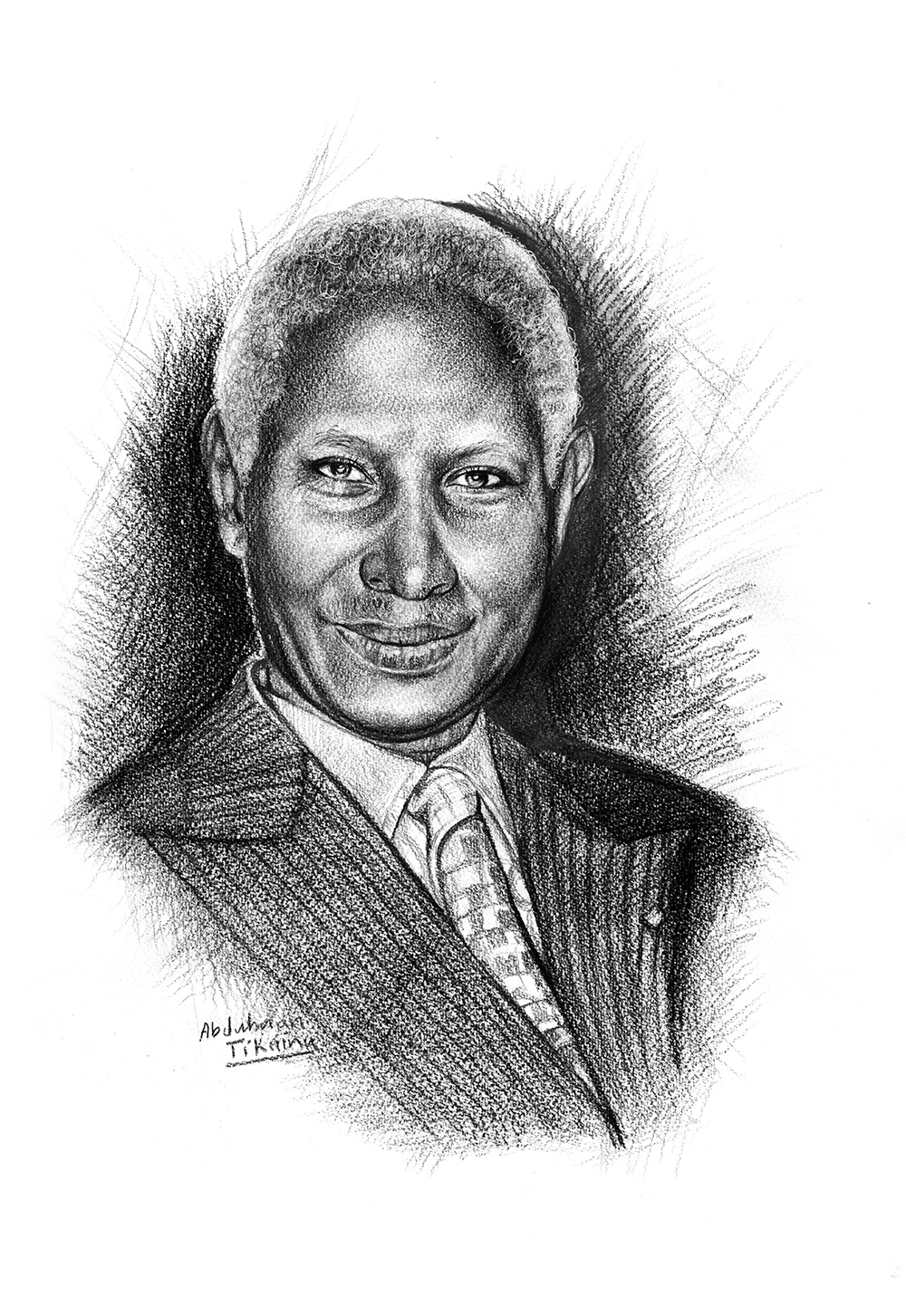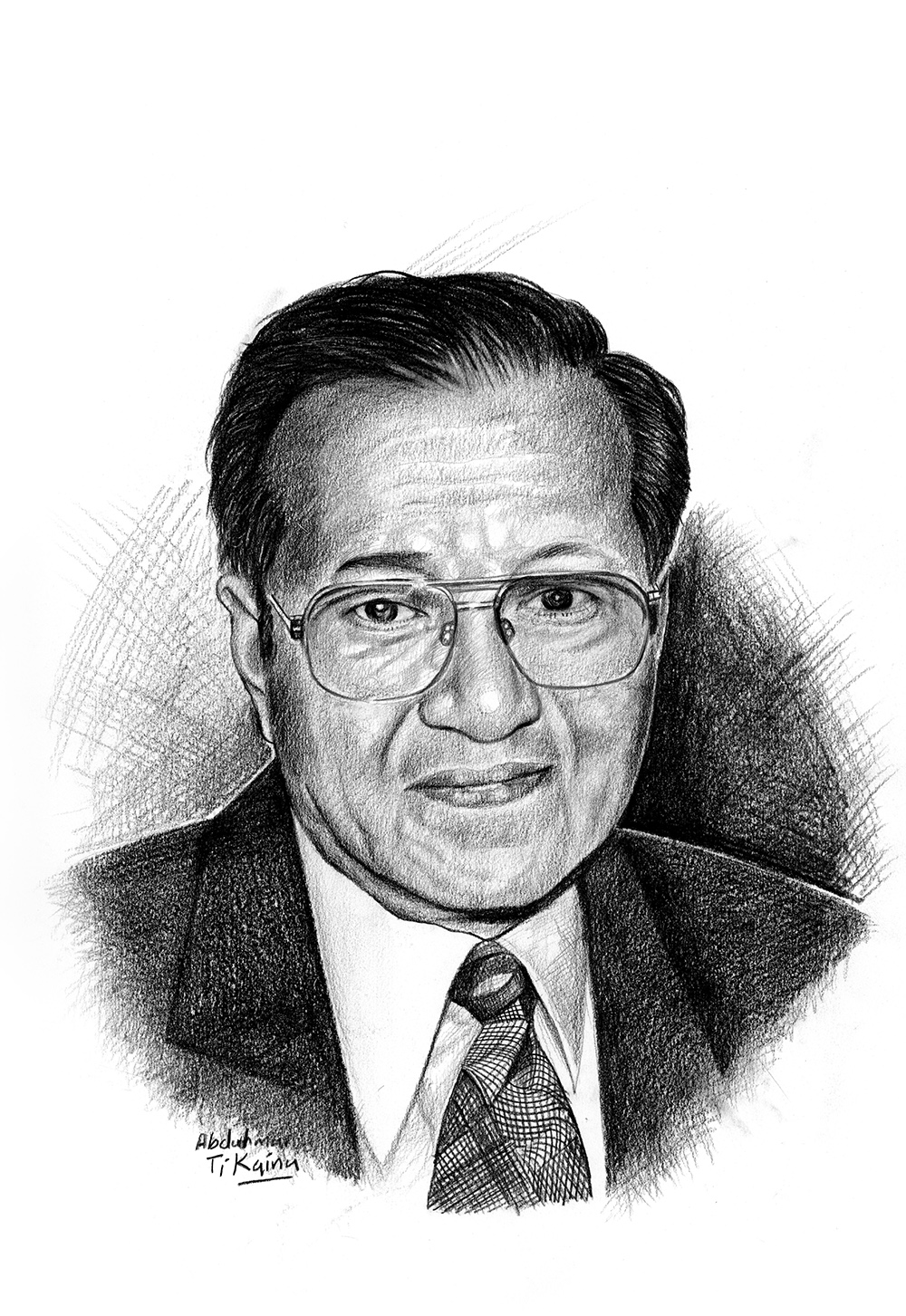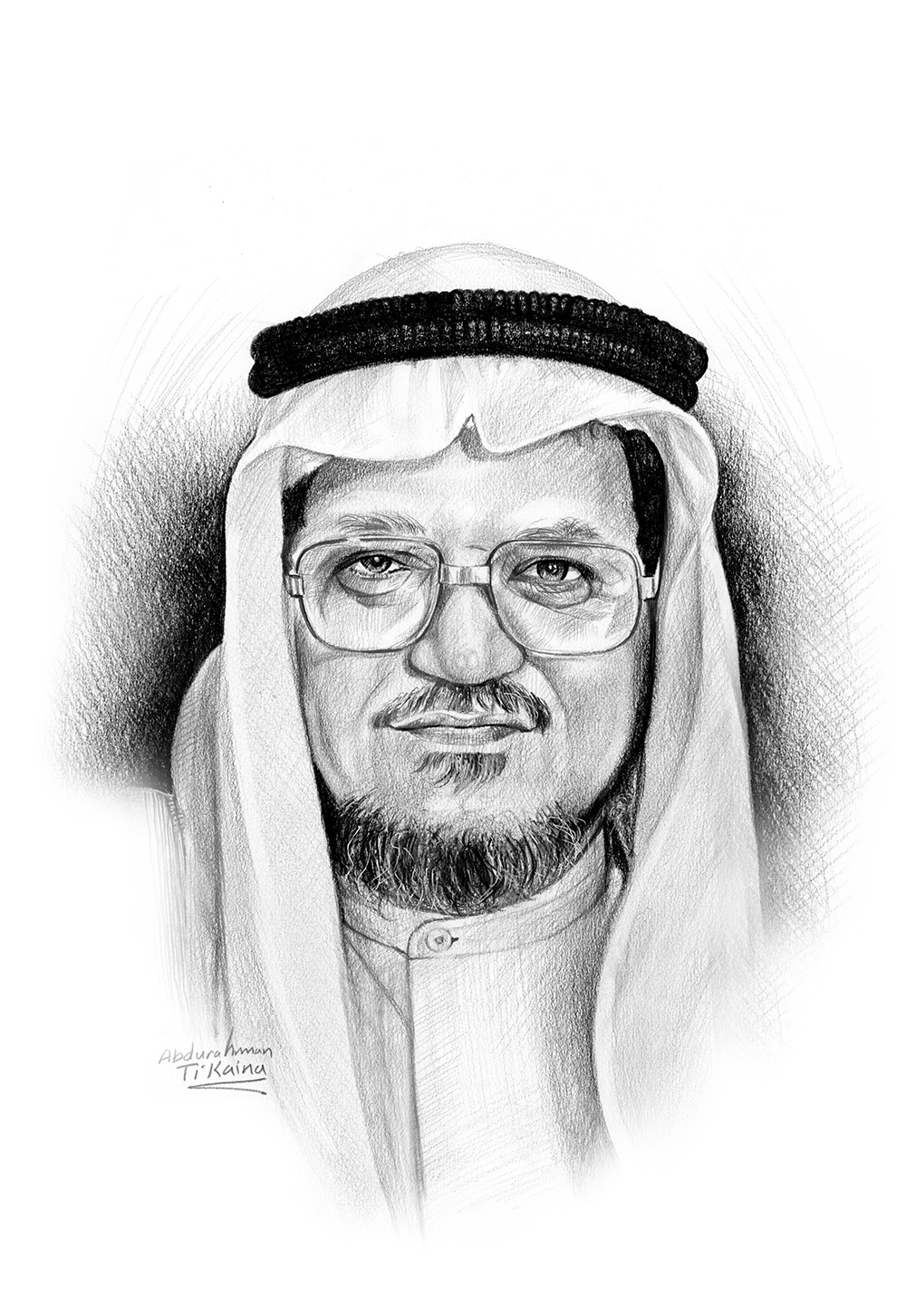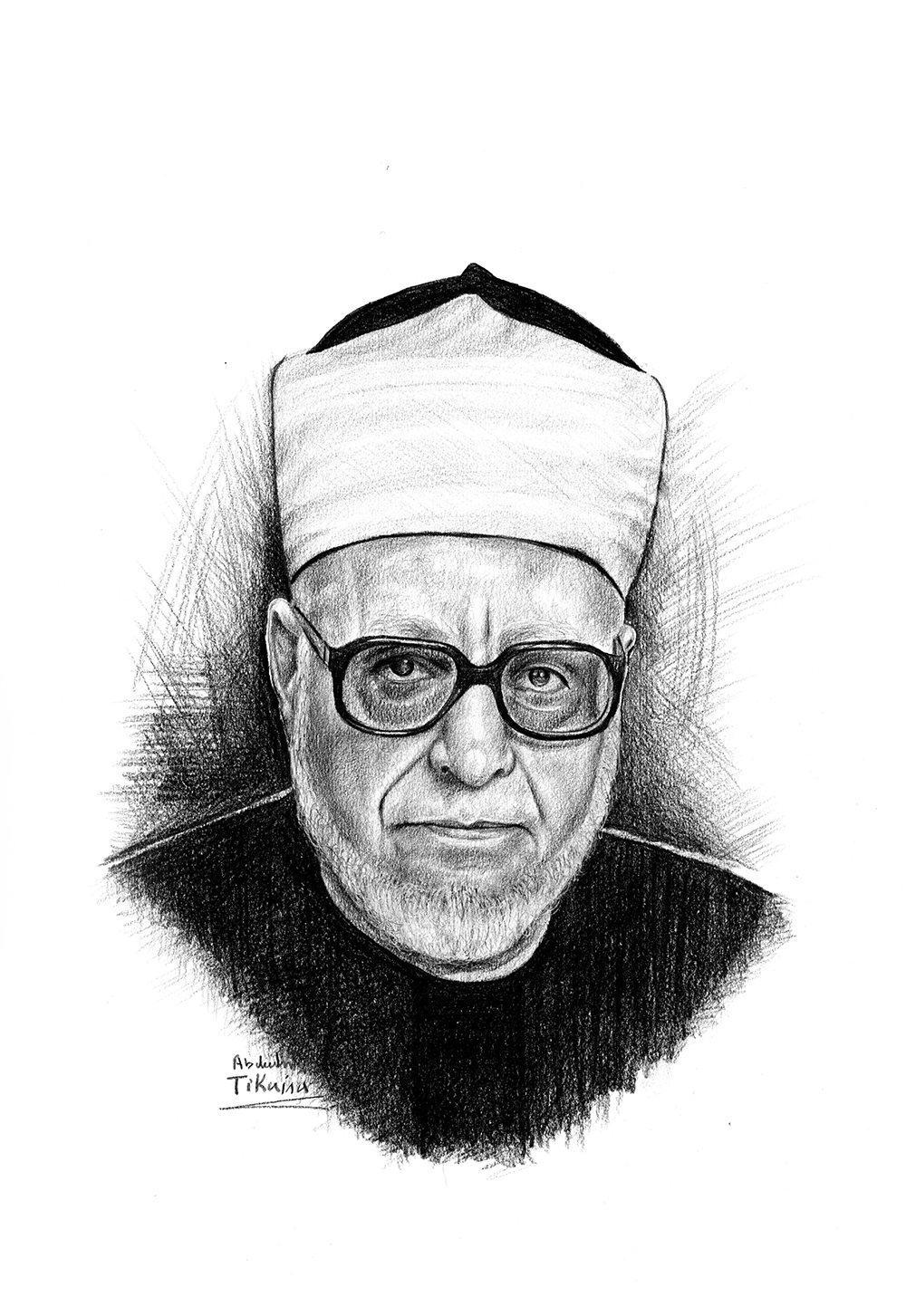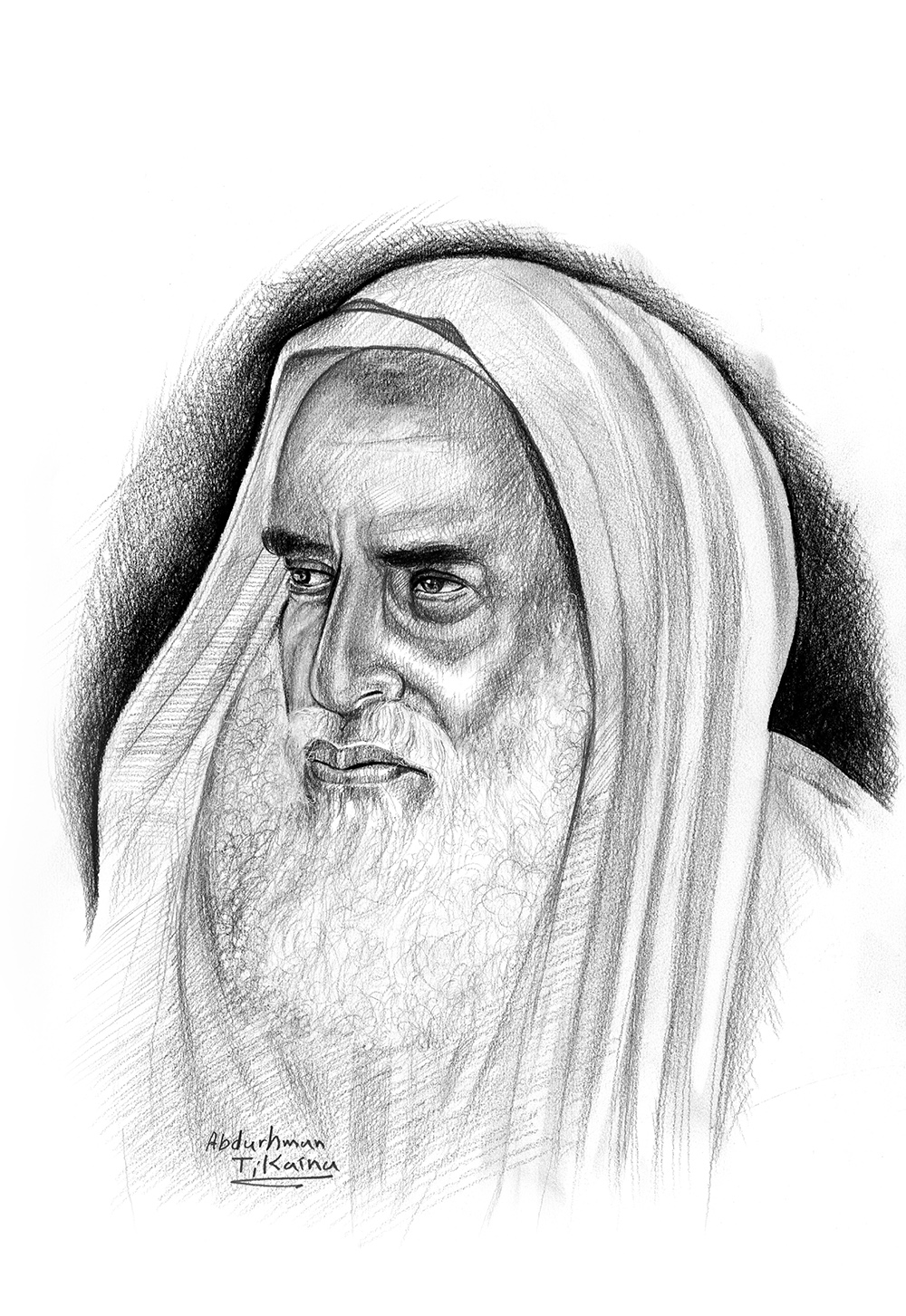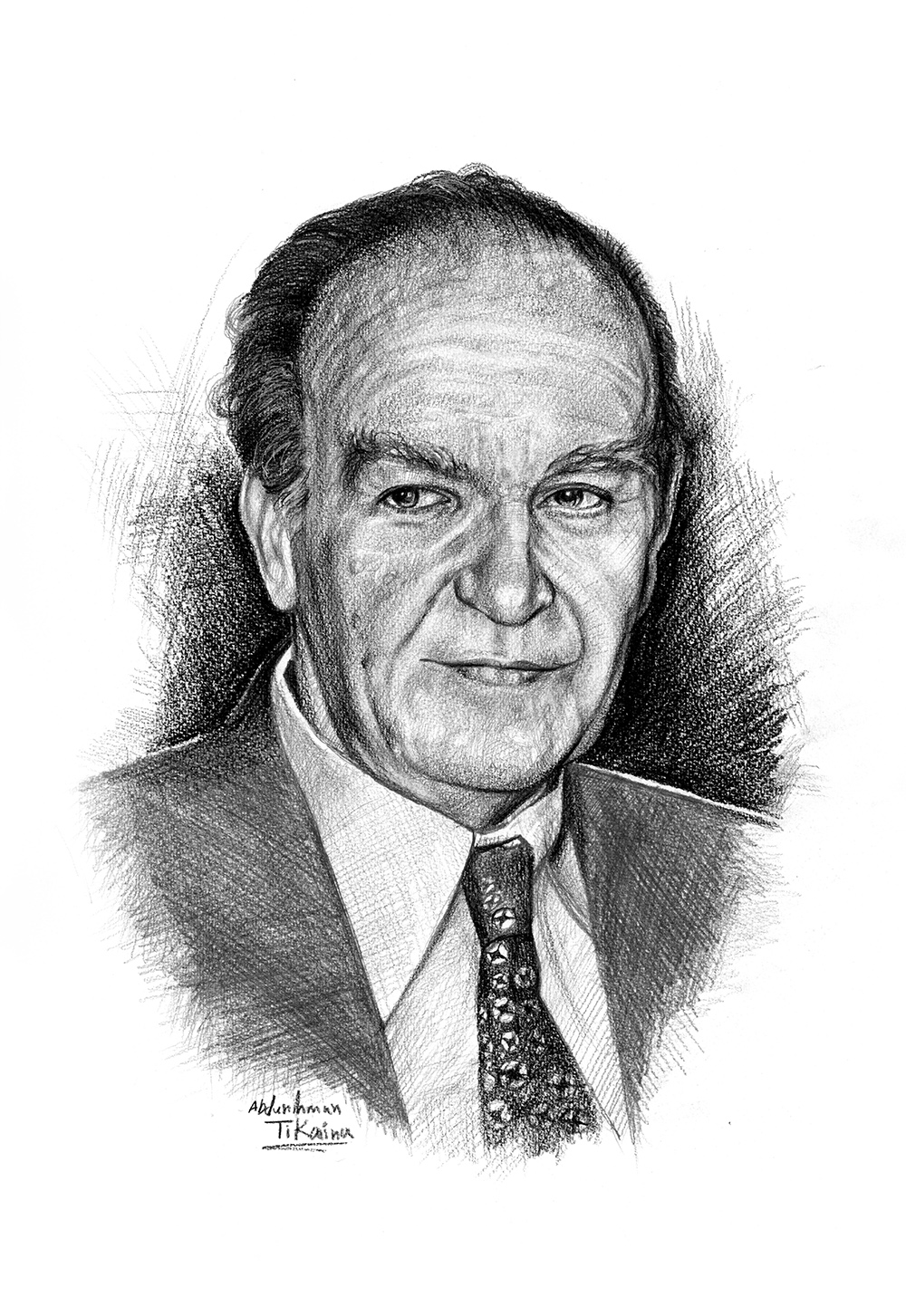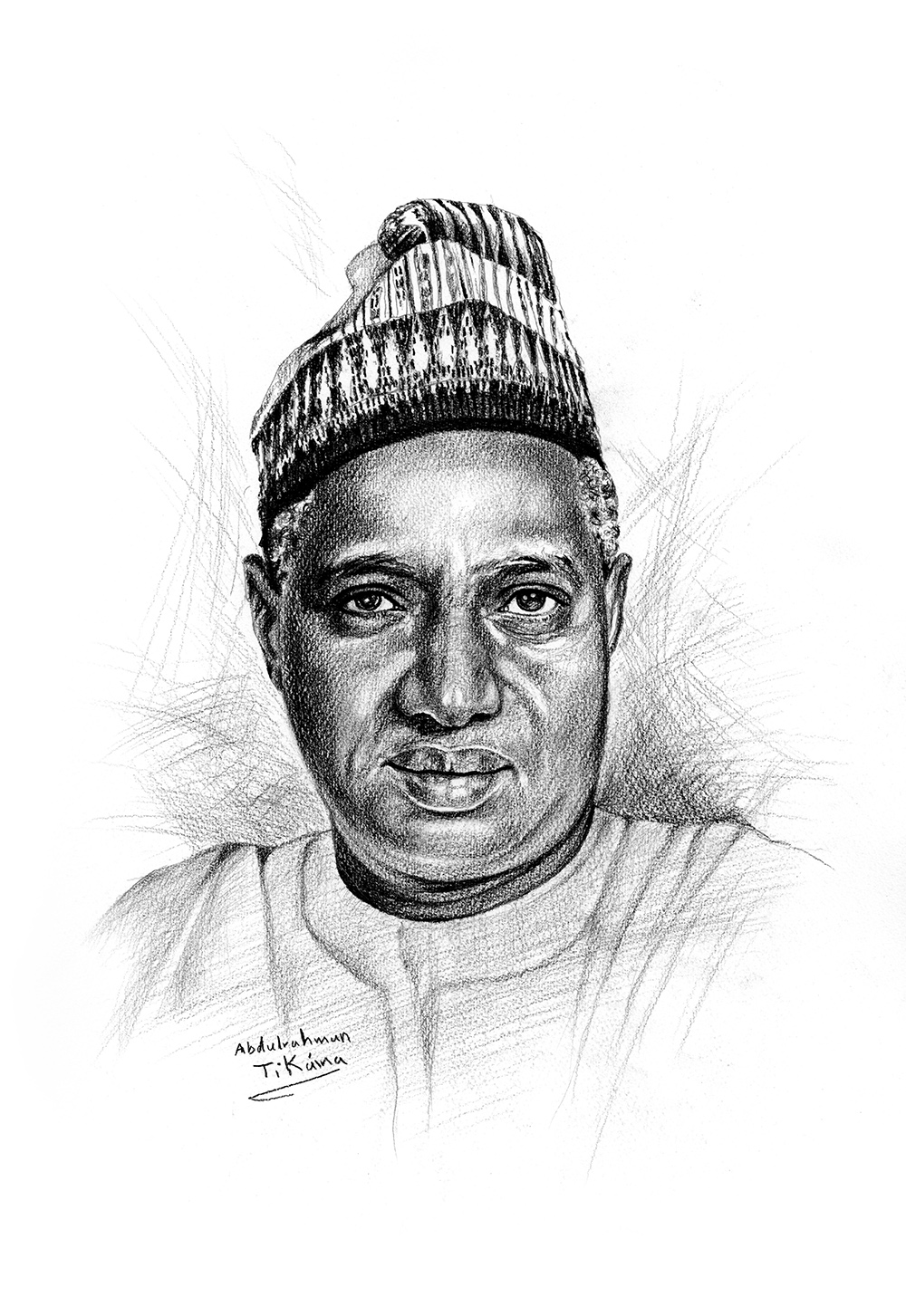The Saudi Arabian High Commission for Donations to Bosnia-Herzegovina, headed by Prince Salman bin Abd Al-Aziz, was formed in 1992, at the height of the Bosnian war, for the noble purpose of assisting Bosnian Muslims during that tragedy. Despite the intensity of the fighting, the Foundation succeeded, through its officers in Europe, in providing much needed supplies of food, medicine and other forms of direct humanitarian aid to the war-ravaged communities throughout Bosnia.
The Foundation explained the magnitude of the tragedy in Bosnia-Herzegovina and the nature of atrocities that Muslims were subjected to at the hands of Serbs, to the Saudi public, urging every Muslim to come to their rescue. Generous donations from the Custodian of the Two Holy Mosques, the late King Fahd, members of the Saudi Royal family, businessmen and ordinary citizens, enabled the Foundation to deliver considerable aid to the Bosnians.
The Foundation’s humanitarian assistance during and after the war ranged from building orphanages, medical facilities and refugee centers to the reconstruction of homes, schools, hospitals, railway lines, water supplies and electricity networks destroyed by the war. Such services were often rendered under extremely difficult conditions imposed by the conflict.
In the field of education and religious services, the Foundation built, re-built or refurbished schools, colleges, libraries and more than 600 mosques in different Bosnian cities, printed and distributed free educational books, as well as more than half a million copies of the Holy Quran, and offered numerous scholarships.
The Commission Was established in 1992 during the war in Bosnia. Even under difficult conflict conditions, the Commission has managed to provide much- needed supplies to war-ravaged communities and to assist in the reconstruction of homes and infrastructure.

